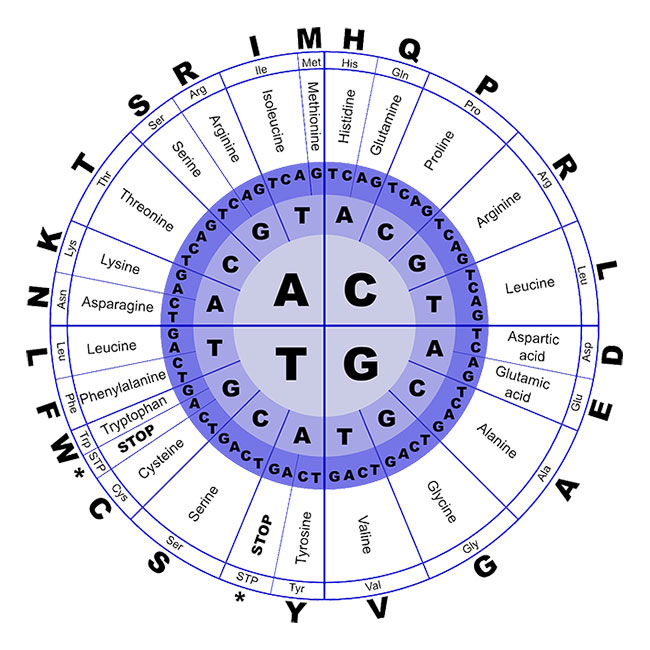DNA fitness testing refers to the analysis of a person's genes and relating these to athletic potential. One such company, DNAlysis technology, uses a South African developed process that detects the type of exercise best suited to athletes through gene analysis. It was launched on the global market by UK-based Lasarow Healthcare Technologies in 2013. The results help athletes realize their natural potential by detecting what type of exercise is best suited to their individual genetic profile.
purpose: to analyze a person's DNA for marker genes which provide information about an individual's genetic propensity to certain sports or athletic events.
equipment required: the DNA analysis requires sophisticated medical equipment.
procedure: One company sends out collection kits for you to take the DNA sample and to send it back for analysis. For collection, all you need is a scraping from the inside of your cheek onto a sterile swab.
results: The gene sample is analyzed and the genotype report provides information about an individual's genetic propensity to power and endurance performance, his or her risk of getting soft tissue or tendon injuries, and the optimal recovery time required between exercise sessions.

target population: this technology is best suited to juniors or recreational athletes who looking for guidance about which sport is best suited to them.
disadvantages: this test requires expensive equipment and is labor intensive.
comments: success in sports does not come down to just what genes you have. There are many other factors of success in sports. Gene testing would probably be more useful as a test for inherited disorders or inherited predisposition to disease, such as Huntington’s disease, cystic fibrosis or sickle cell anaemia.


 Current Events
Current Events